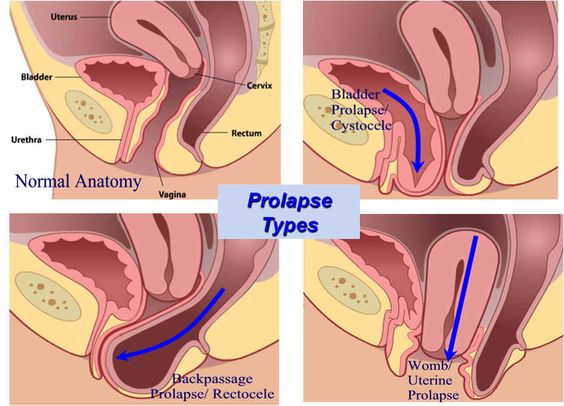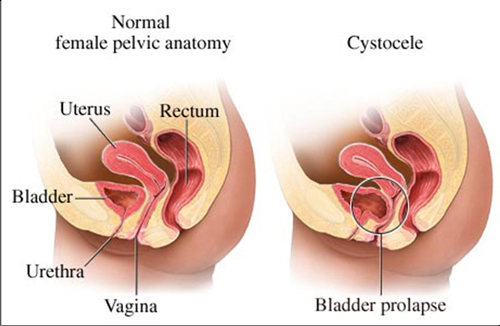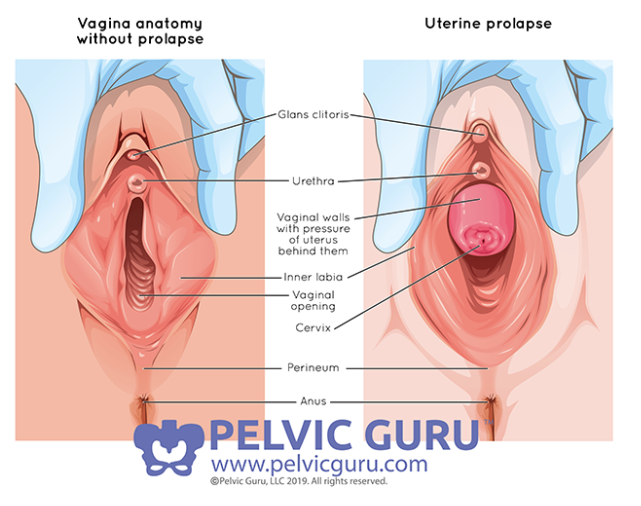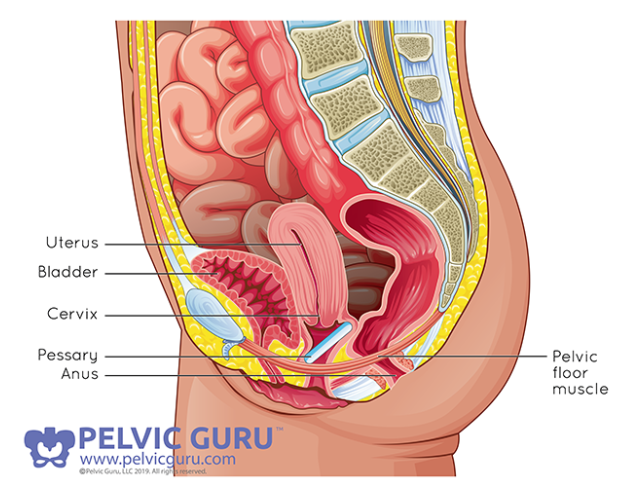Pelvic Organ Prolapse: 50% of Women Who Have Had Children May Have This — Empower Your Pelvis

Pelvic Organ Prolapse (POP) is a diagnosis women can get postpartum and after childbirth . Statistically, 50% of women are at risk for POP after pregnancy, but you can develop POP prior to pregnancy. I ended up having a little pelvic organ prolapse during my "training fo
Prenatal and postpartum (pelvic) physical therapy for treating pelvic floor dysfunction (incontinence, pelvic organ prolapse, diastasis recti, pelvic pain, pain with intercourse, low back pain etc).

Pelvic floor exercises – and why they matter after having a baby

What is Pelvic Organ Prolapse Postpartum? The FACTS You NEED!

Prolapse: The Biopsychosocial approach - Sue Croft Physiotherapist

Pelvic Organ Prolapse - Physiopedia

Pelvic Organ Prolapse: 50% of Women Who Have Had Children May Have This — Empower Your Pelvis

Pelvic organ prolapse affects 50% of wonen whobhave given birth. #pelv

009: Let's Talk Pelvic Organ Prolapse and Pessaries! - Pinnacle Women's Therapeutics

PROLAPSE — Women In Motion Physical Therapy & Wellness

Pelvic Organ Prolapse 101 — Healthy Mumma & Baby

pelvic organ prolapse — Blog — Empower Your Pelvis

Uterine Prolapse, Causes, Signs and Symptoms, Diagnosis and Treatment.

Lift For Prolapse Relief

Learn How to Treat Prolapse Naturally

Pelvic Organ Prolapse 101 — Healthy Mumma & Baby

Understanding Pelvic Organ Prolapse (POP)